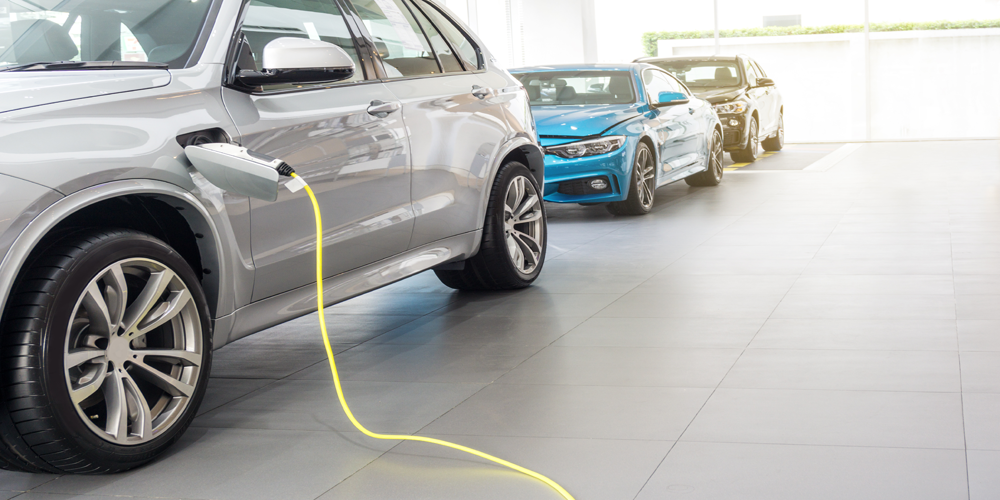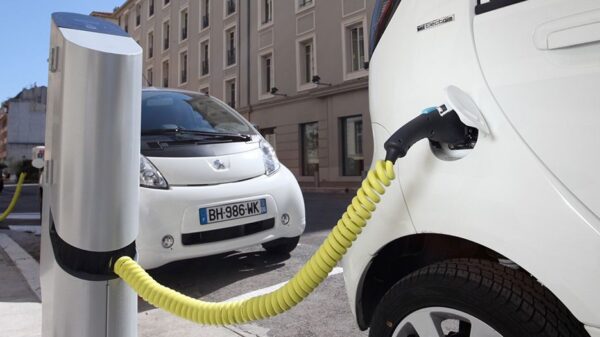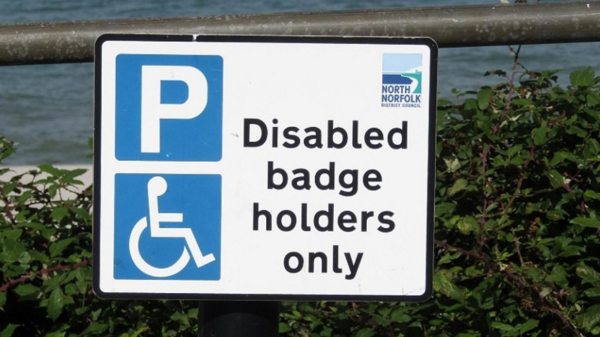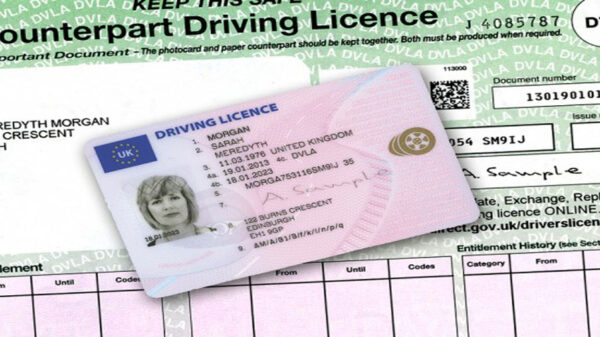Almost eight in 10 new electric cars are being sold at a discount as the industry reels from falling consumer demand. The Telegraph is reporting that some 77pc of new electric vehicles (EVs) listed on Auto Trader were advertised at a discount last month, up from 55pc a year earlier, data from the company shows.
The degree of discounting is also on the rise, with the average reduction now standing at a record 11pc. It came as Tesla announced a string of price cuts in China, the US and Europe following a slowdown in sales.
In China, Elon Musk’s company lowered prices across its range, with the Model Y discounted to 249,900 yuan (£28,500) from 263,900 yuan.
The cheapest version of the Model Y in the US was cut to $42,990 (£35,000). In Germany, its Model 3 rear wheel drive cat was cut by €2,000 (£1,725) to €40,990.
Auto Trader said a similar proportion of petrol cars were discounted, in a sign of wider turmoil in the car industry, but that EV prices were being cut more sharply.
About 31pc of EVs are taking price cuts of at least a tenth, compared to 24pc of petrol cars.
It suggests dealers are being forced to slash prices to stimulate a significant number of sales, amid a slowdown in demand for electric vehicles globally. Sales of battery-powered cars dropped by 11.3pc across Europe in March, according to industry figures.
Experts said the price cuts were positive for consumers, with high costs still regarded as the biggest barrier to more widespread adoption of EVs.
But they also underline the challenges that manufacturers face as they seek to meet new UK sales targets that came into force this year.
Under the so-called zero emissions vehicle mandate imposed by the Government, 22pc of vehicles sold by major car makers must be electric in 2024 – a proportion that will continue to rise until a complete ban on new petrol and diesel vehicles in 2035.
Those who fail to hit the target must pay fines or trade carbon credits.
Ian Plummer, commercial director of Auto Trader, predicted that discounting would only grow heavier as car makers scrambled to hit these requirements.
He said: “Sales of electric vehicles are rising but as growth is still being driven from the fleet side of the market, more needs to be done to stimulate electric vehicle demand among private buyers where affordability remains the number one barrier.
“That said, manufacturers and retailers are fighting harder than ever to tempt customers… and that trend only looks set to accelerate as manufacturers struggle to meet strict zero emissions vehicle mandate targets in a much more competitive landscape.”
However, the arrival of cheaper Chinese models in the UK would “shake up the market and bring down prices for consumers”, Mr Plummer said.
On Friday, around 41,100 electric cars were listed for sale on Autotrader’s website.
This year the Society of Motor Manufacturers and Traders (SMMT) called for tax cuts on EV sales in an urgent attempt to boost takeup, while a House of Lords report also urged ministers to reintroduce “targeted grants” for consumers.
But on Friday the Government, which scrapped plug-in grants for households two years ago, said it saw no need to reintroduce incentives for EV buyers.
Andrew Bergbaum, a global automotive expert at AlixPartners, said the winding back of incentives had “led to a significant reduction in affordability”.
This created overcapacity, with manufacturers forced to slash prices to sell down their inventories, he added.






















